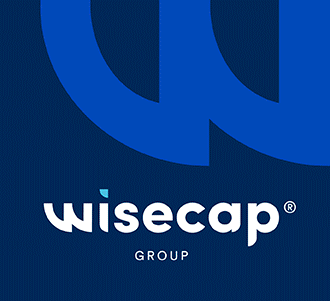The green polyethylene has been developed by Braskem, Brazil’s largest petrochemical company, and is made out of sugar cane derivatives, which are polymerized in plastics for cap production.
“This is a key step in our renewability journey,” said Tetra Pak President and CEO Dennis Jönsson. “Our cartons already have an excellent renewable material profile; now, with the introduction of caps using green polyethylene and our commitment to extend its use to other plastic components, the concept of a 100% renewable carton is becoming a reality.”
Tetra Pak has a long history of responsible environmental practices and recently announced an ambitious environmental programme designed to deliver on the company’s ultimate aim of providing sustainable packaging using only renewable materials, achieving a minimal environmental footprint and creating zero waste. Currently, all the paper used for the production of cartons in Brazil comes from forests managed in accordance with the responsible forestry management principles, certified by FSC™ (Forest Stewardship Council™).
| Tetra Pak today achieves a significant milestone towards its goal of producing 100% renewable packaging with Nestle Brazil’s launch of two popular milks brands in carton packaging featuring caps made with green polyethylene (PE). |






